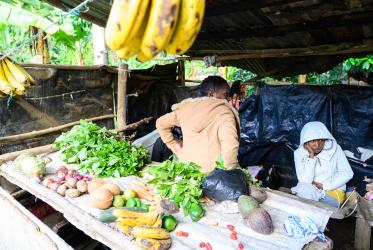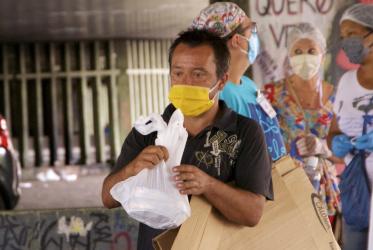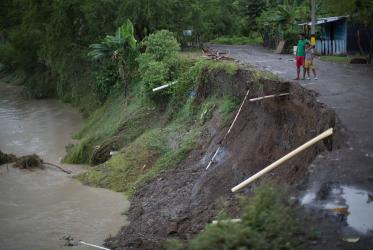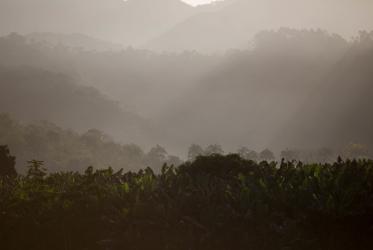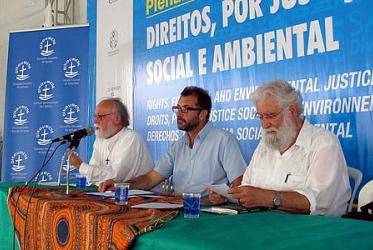Displaying 1 - 20 of 29
How racism and colonialism are exacerbating impacts of climate change
29 September 2021
“Economy of life” lifted up at special school in Indonesia
22 August 2019
Seven weeks of Lent highlight water justice in Latin America
12 February 2018
Protect the Amazon, urges WCC statement
22 November 2017
